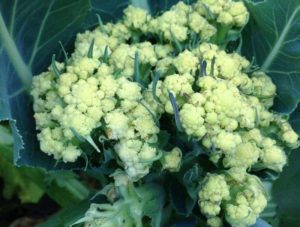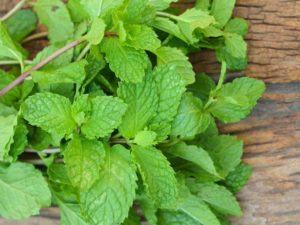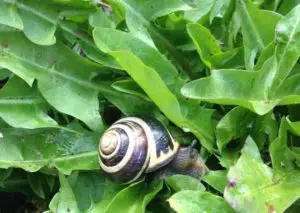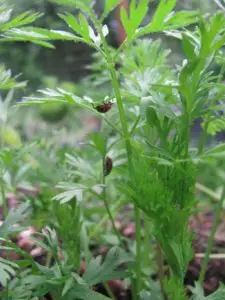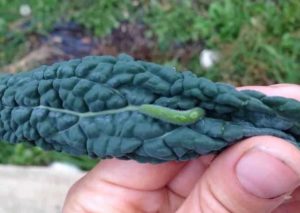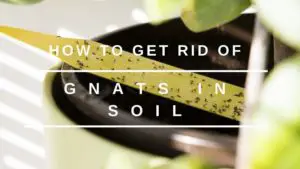Dealing with pests, diseases, and fungal infections are often the most challenging parts of looking after a vegetable garden.
Treating issues quickly is key to saving your plant, but this usually requires an accurate diagnosis of what is affecting your plant.
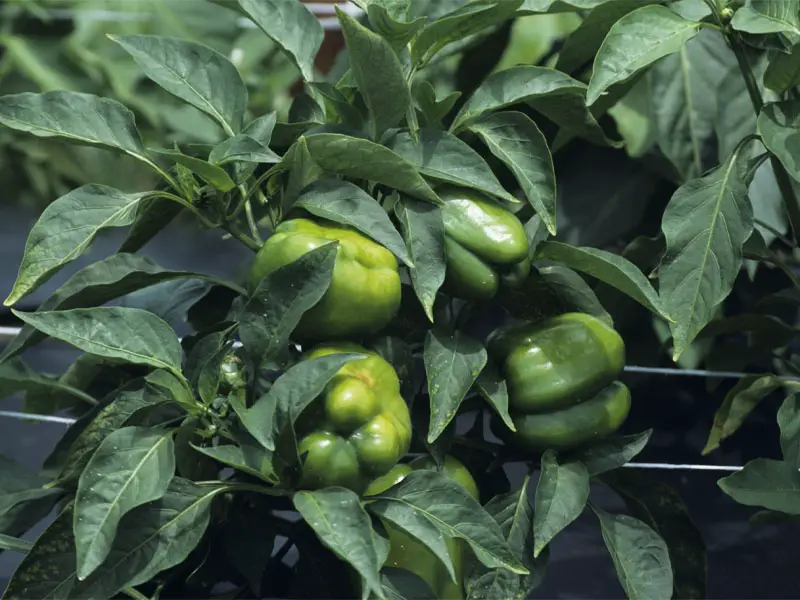
The bell pepper worm is a real pest when it comes to identifying it on your pepper plant.
There are many pests and insects that will gladly chomp away at your pepper plants, so proper identification and knowing the difference between bell pepper worms and other insects is crucial for the health of your pepper plant.
What is the Bell Pepper Worm?
The bell pepper worm is very small.
They are one-third the size of pepper caterpillars but can cause just as much damage to your plant.
This tiny larva is either green or black, and it is one of the most significant pepper pests because it will stop peppers from forming and growing correctly, resulting in a poor harvest.
Identifying the Bell Pepper Worm
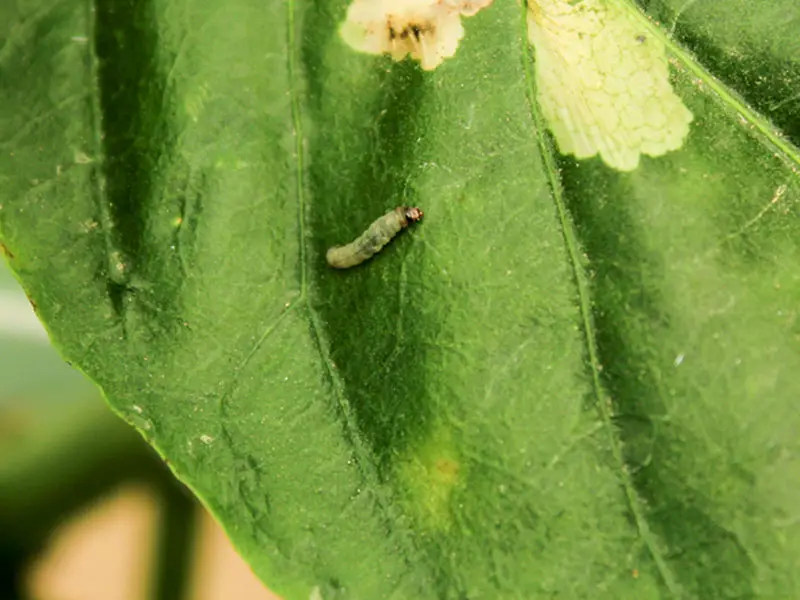
Performing physical checks on your crop is vital for the early identification and treatment of pests and diseases.
Bell pepper worms will eat away at young leaves on pepper plants and cause severe damage to the plant’s buds.
Sometimes you will notice holes and dark spots on the plant, and other times you will physically see the worms on or around the pepper.
Whether you see a worm or just the aftermath, treating the infestation is advised.
What to do With an Infected Crop
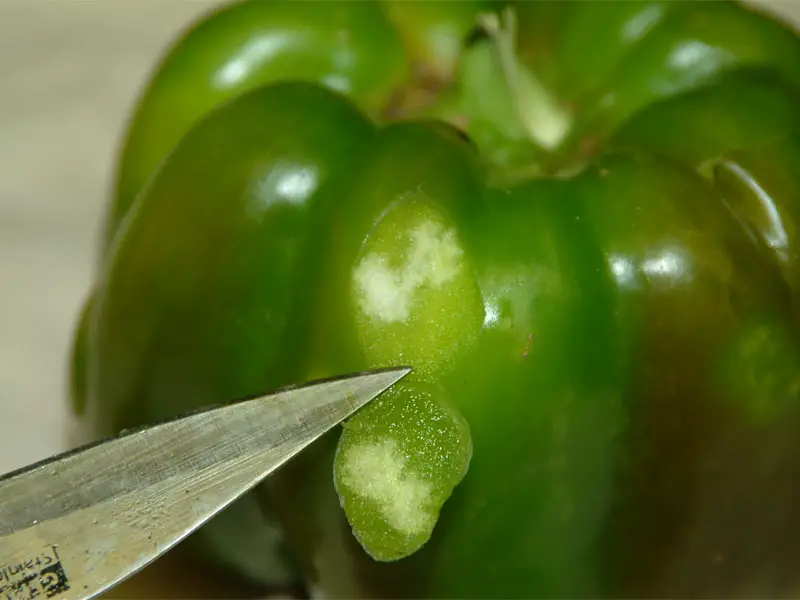
Peppers take between 60 to 90 days to grow, which means that a lot of tender loving care has gone into getting your crop to grow.
Understandably, throwing out peppers with holes in or signs of damage is not ideal, especially when damage has only become visible at the end of the harvest.
Think about whether the peppers are growing for personal consumption or for sale.
Gardeners usually grow peppers in their gardens for personal use, so keeping peppers with holes in is generally acceptable.
You will be pleased to learn that eating peppers with holes in them or signs of a prior pest infestation is not going to harm you, but there are a number of things you should be aware of before digging into the fruit.
Take a look at the following points and proceed with caution:
There Might be a Worm in the Pepper
Peppers with holes in have been nibbled on by a worm or some sort of insect, which means that the insect may still be lurking inside the fruit.
Be careful when cutting into the fruit just in case there is something inside, and once you are confident it is no longer infested, check for signs of mold or rot before eating it.
The Pepper Might be Rotten Inside
Pest-infested fruit and vegetables are prone to rotting far quicker than plants that have remained untouched.
Eating rotten fruit vegetables is not recommended, even if you remove the rotten area.
Damaged Peppers Ripen Prematurely
Damaged peppers won’t have a deep and indulgent flavor as they ripen prematurely, causing them to be a bit milder.
Diseases Often Enter the Wounded Site and Infect the Fruit
Wounds and nibble marks on a plant are honey pots for bacteria and infection.
Wounded plants are very susceptible to further problems, so you may find yourself in a constant cycle of treating issue after issue, and the maintenance of the plant ends up taking up more time than it should.
Flies See Damaged Fruit as Prime Sites for Egg Laying
No one wants to eat fruit and vegetables riddled with fly eggs.
If the fly eggs go unnoticed, the plant will be damaged further by the fly larvae, and saving the fruit will be extremely difficult.
Treating Bell Pepper Worm Infestations
There is a great deal that you can do to prevent and treat bell pepper worm infestations.
The great news is that these treatments are also great for treating and preventing other pest problems.
Take a look at the treatment and prevention methods below:
Diatomaceous Earth (D.E.)
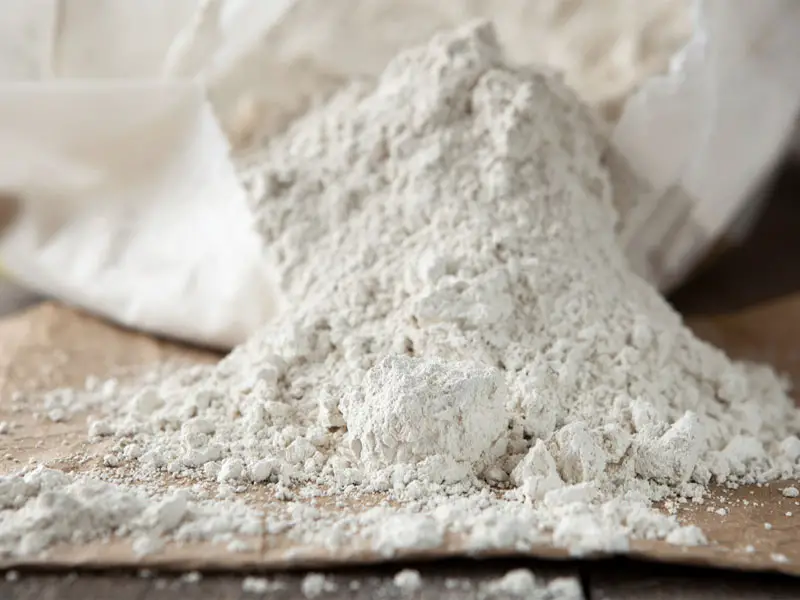
D.E. is a natural powder that dehydrates insects, eventually killing them once it is ingested.
This is a very convenient way of killing pests before they cause further harm to the plants in the garden.
Dig a Trench Around the Garden
Digging a trench around the perimeter of the garden will prevent worm larvae from getting to pepper plants and other plants in the garden, for that matter.
This isn’t the most aesthetic solution, but it is a brilliant preventative measure to take.
Wash With Soapy Water
Spraying or washing vegetables and fruit with soapy water acts as an insect deterrent.
This is a great chemical-free insecticide that many organic fruit and vegetable farmers use to stop bugs from eating away at their crops.
Chemical Insecticides
Finally, chemical insecticides are always an option; however, they are less popular amongst hobbyist fruit and vegetable growers and more of a commercial solution.
Chemicals should be the last resort in a private vegetable garden unless you are managing a large crop that is hard to maintain without chemical intervention.
FAQs
Want to learn more about worms, pepper plants, and pests? This frequently asked questions section should help clear up any of those lingering queries.
Will worms eat bell peppers?
Yes, worms love bell peppers, which is why protecting them and performing frequent insect checks is extremely important when growing bell peppers.
Worms will stay away from hot peppers and mustard plants, but the sweet taste of bell peppers is hard for them to resist.
Fortunately, preventing and treating an infestation is very simple.
What pests, diseases, and infections are peppers prone to?
Sweet peppers attract various worms, caterpillars, pepper weevils, aphids, and lots more bugs and insects.
These pests love ripe, juicy peppers, which is why harvesting on time and not leaving overly ripe fruit on the plant will reduce the chance of infestation.
What is causing homes in my bell peppers?
Worms, caterpillars, and grubs are prime suspects for the holes in your bell peppers.
Although these pests are harmless, they will reduce the quality of the fruit, and the bite marks they make will cause the fruit to rot faster than it usually would.
Eating fruit and vegetables with holes or nibble marks on them will not harm you, but it is not desired.
Make sure there aren’t any worms or caterpillars still lurking in the plant before you eat it.
How often should I wash my vegetables with dish soap?
Bleach-free dish soap is a brilliant natural insecticide to use on fruit and vegetable plants.
This is a trick used by many farmers and hobbyist gardeners.
For the best results, spray the crop daily with a solution of dish soap and water to keep pests away.
Will vinegar keep insects away from my plants?
Yes! A diluted vinegar and water solution is an excellent way to keep insects away from your vegetable plants.
Caterpillars particularly hate vinegar, so if you’re fighting a caterpillar infestation, vinegar may be the best solution for you.
Final Thoughts
Do you feel confident in your ability to identify and treat a bell pepper worm infestation?
Bell pepper worms are easy to treat and rarely require chemical intervention, so don’t panic if you find yourself face to face with a worm issue.
Try all of the natural ways to remove them from your crop before resorting to chemical methods so that your crop stays fresh and organic.
Please share your experiences with us in the comments section below and disclose your tips, tricks, and deworming solutions with other budding gardeners.


